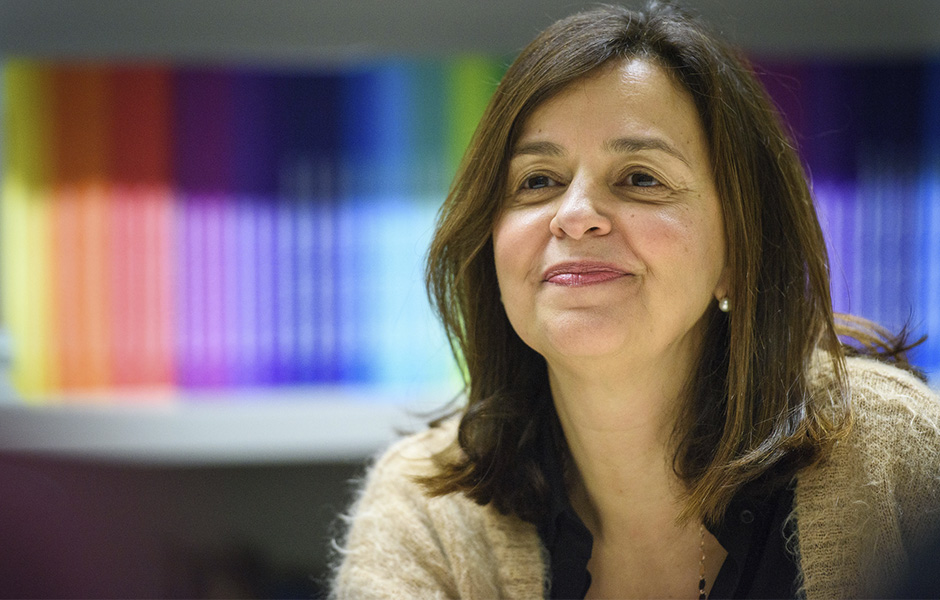FASTinov, a CINTESIS spin-off, is moving into the facilities of UPTEC – Science and Technology Park of the University of Porto, inaugurating a new and promising period of growth and expansion in the international market.
Funded with 2.6 million euros by the European Commission, FASTinov has developed a patented disruptive technology to perform antimicrobial susceptibility testing (Flow Cytometry Antimicrobial Susceptibility Test) and is now in a position to proceed to the validation of the prototype and production on an industrial scale.
Cidália Pina-Vaz, CEO at FASTinov, believes that the transition from the Faculty of Medicine of the University of Porto (FMUP) to UPTEC is a “fundamental step” for the company’s growth, allowing the affirmation of its independence and projection of a new image abroad, including potential customers all around the world.
The move into the new facilities has already begun and should be completed by early November. Six FASTinov researchers will be working full-time in the new UPTEC space, which has been adapted to this effect. Some researchers will still maintain research activity at the Microbiology Service of FMUP.
According to the Principal Investigator of the research group MicroMed – Medical Microbiology of CINTESIS, the integration into UPTEC is essential for technology inventors at FASTinov’s to be seen not only as academics but as someone who wants to put an innovative product on the market.
In addition, the relocation to UPTEC will also allow the purchase of some large equipment needed to start the production of the all-in-one kits, following the recommendations established by the EUCAST protocol (where Cidália Pina-Vaz represents our country) and by the American CLSI protocol.
Considering that the new susceptibility tests are faster, simpler and more reliable, they are expected to be an important milestone in fight against bacterial infections and the serious problem of antibiotic resistance in the context of health care. In just one hour, it will be possible to see if a particular bacterium is sensitive or resistant to a given drug, supporting a safer and more effective clinical decision. The product is expected to reach the market for commercialization in 2019.
Meanwhile, FASTinov is already developing promising new lines of research in the health field, highlighting new susceptibility tests for fungi and other microorganisms of difficult growth.
The U.Porto spin-off also has “one foot” in Veterinary Medicine and remains strongly committed to innovate in the field of personalized medicine with an innovative technology for dosing antibiotics in the blood of patients, especially of elderly and seriously ill patients, which will allow to readjust and adapt the doses on a case-by-case basis and avoid sub-therapeutic concentrations responsible for toxicity and resistance.

